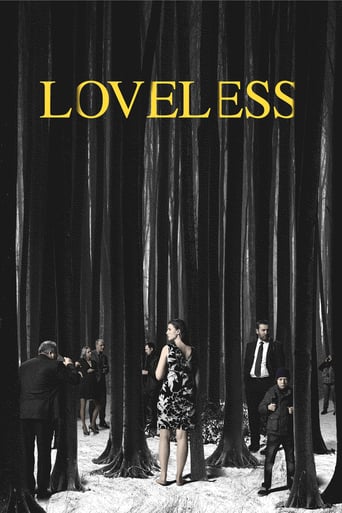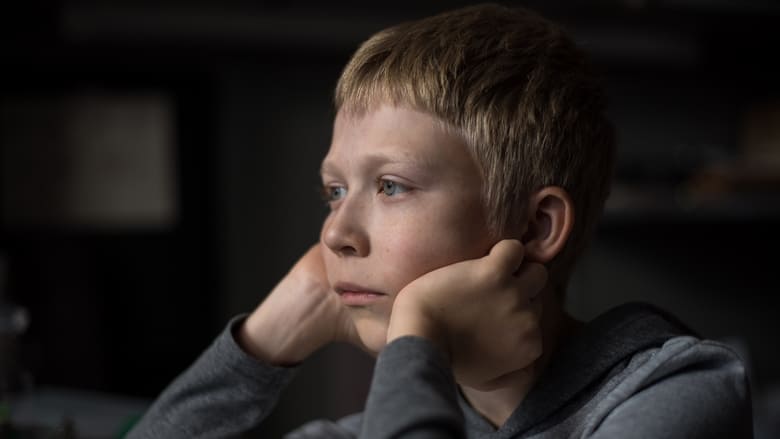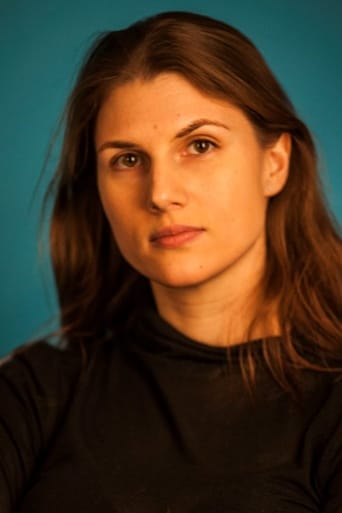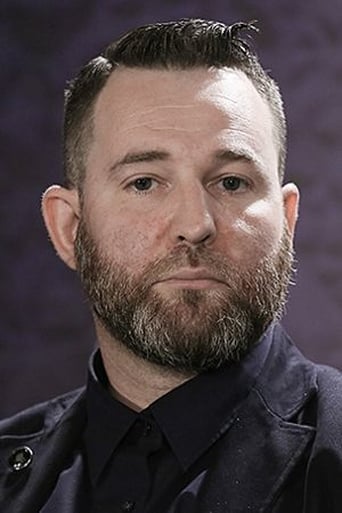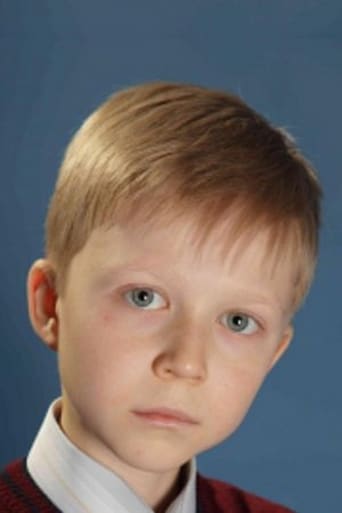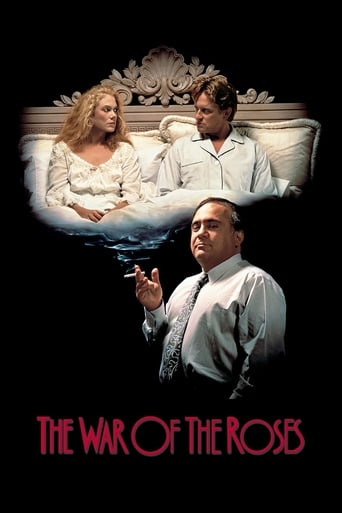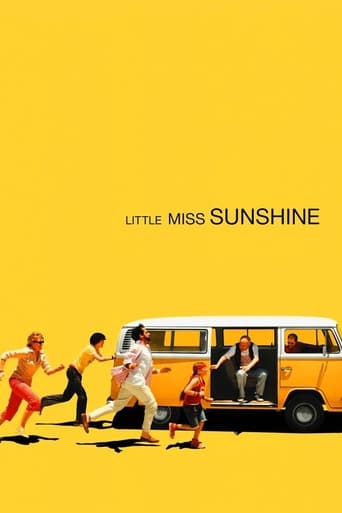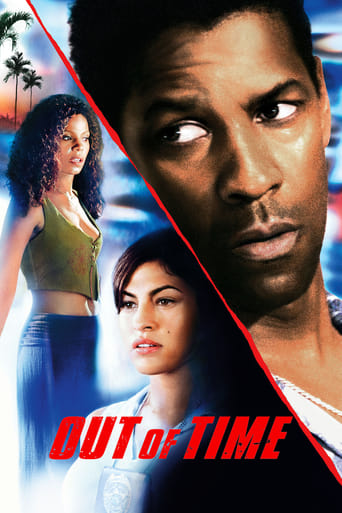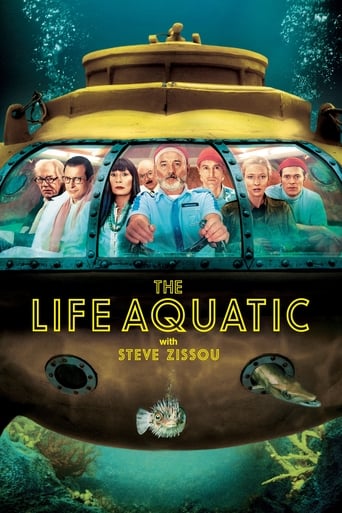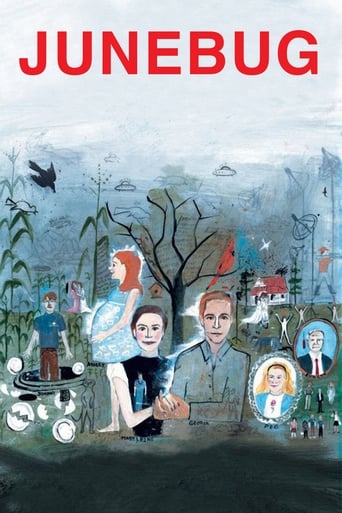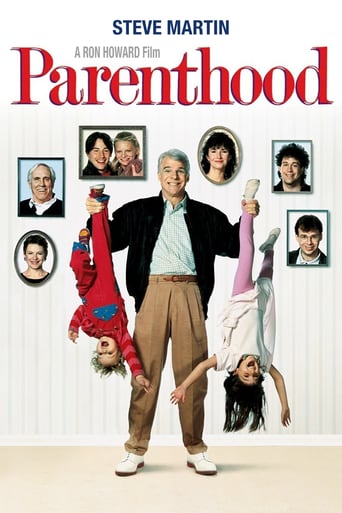Loveless (2017)
Zhenya and Boris are going through a vicious divorce marked by resentment, frustration and recriminations. Already embarking on new lives, each with a new partner, they are impatient to start again, to turn the page – even if it means threatening to abandon their 12-year-old son Alyosha. Until, after witnessing one of their fights, Alyosha disappears.
Watch Trailer
Cast


Similar titles
Reviews
The Russian-made Loveless (2018)highlights the different cinematic traditions of the East and Western blocs. In simple terms, the film displays the East's understanding of creative minimalism in contrast to the West's preference for excess: 'less is more' versus 'more is never enough'. Both narratively and in cinematography, Lovelessis a searing ultra-minimalist indictment of Russian society today.We enter the story through the eyes of 12-year old Alyosha (Matvey Novikov) dawdling home from school. He is in no rush as his family life is a battleground between divorcing parents, Zhenya (Maryana Spivak) and Boris (Aleksey Rozin). Most separating parents fight for custody, but these are fighting againstcustody because caring for Alyosha is inconvenient for their new love interests. The 12-year old hears everything and knows he is unwanted. One day, Zhenya learns that Alyosha has missed some days of schooling. She had not noticed, thinking he was with his father while Boris thought the opposite. Police are soon notified and refer the parents to a voluntary missing persons search organisation as Russian police 'do not handle such matters'. The rest of the film follows the detailed search against a background of toxic parental squabbling and scant regard for the fate of their son.The most outstanding feature of this film is the starkly realistic way it portrays emotional shallowness. While Zhenya and Boris displayfeelings expected of parents in their situation, we sense a difference between 'genuine' and 'expected' emotion. Nothing in their words or actions earns our empathy or sympathy. They emote externally but are privately outraged over the inconvenience of the search and the impact on their divorce affairs. Despite its simple title, Loveless is a complex essay about parents incapable of loving their own child who is struggling to survive in a society that stifles love itself.Whether you see Loveless as a statement about modern Russia or a broader essay on contemporary materialism depends on how literally you read the signs. Selfish parents exist everywhere but the film's penultimate scene is unambivalent. Several years after the search, we find Boris repeating history in his loveless handling of new offspring. We see also the self-absorbed Zhenya in an expensive garden apartment with a new wealthy partner, still obsessed with keeping up appearances. She steps onto a high-tech treadmill wearing a tracksuit emblazoned with the single word 'Russia'. Not subtle, but the director's message is unmistakable: in the process of modernisation, Russia has absorbed the worst of the West.In light of Russia's political history, it should not be surprising to see a story in which the disappearance of a human being is so quickly normalised. As a movie, it is too bleak to be entertaining and too tense to be enjoyable. But it is certainly an engrossing and disturbing glimpse behind today's translucent iron curtain.
My wife and I frequently find ourselves wondering why so many people we know decided to even have children in the first place, so little priority do they give them in their lives. They act like children are a roadblock to all of these exciting things they would otherwise be doing, instead of recognizing them as exciting things in their own right and probably more likely to enrich their lives in ways that matter than any of the other endeavors these people seem so fixated on. But they don't recognize this, and as a result the kids suffer for it."Loveless" is a bleak and scathing indictment of this kind of modern-day parenting, a world of selfish adults pursuing their petty little enjoyments while ignoring the children they voluntarily brought into the world. It's a tough film to watch, though not as tough as I thought it would be. The little boy at the center of the story isn't in the film very long before he goes missing, so we're spared scenes of the misery he feels at home with a super bitch of a mom and a checked out dad. The couple of scenes we get are enough. Then, the film turns into a "L'Aventurra" like odyssey as the parents and authorities go looking for him. What makes the film tough to watch more than anything are the horrid characters that populate it. These people may have once been happy, and maybe have the potential to be happy again, but if so we see no signs of it. These are wretched souls who take their misery out on each other, and walking out of the movie theater after this film was over was like walking into the fresh air after being trapped in a dank crawl space. The film is claustrophobic in its nihilism.But, and this is a big "but," despite the above paragraph that makes this film sound like a chore to sit through, it's actually a wonderful movie and fascinating in a morbid kind of way. It's bleak to be sure, but people who are exhilarated by good film making can leave even a bleak movie on a high if it's done well, and this is one of those films.Nominated for a 2017 Academy Award for Best Foreign Language Film from Russia.Grade: A
Greetings again from the darkness. Divorce is rarely simple or clean or amicable. By definition it changes people's lives and is typically cluttered by a wide range of emotions that distort one's thoughts. When kids are involved, the process is even more delicate, even treacherous. Russian filmmaker Andrey Zyyaginstev and his co-writer Oleg Negin follow up their exceptional Oscar nominated LEVIATHAN (2014) with this very intimate project focusing on the tragic impact of resentment and self-centeredness. They have been rewarded with another Best Foreign Language Film Oscar nomination, and deservedly so.The film begins with stark, almost harsh music as a young boy walks home in the woods after a day of school. Later that evening, his parents are involved in an extremely vicious and demeaning argument. The camera then glimpses the boy from the woods, their son Alyosha (Matvey Novikov), behind a door. He has overheard the entire argument and is devastated, quietly sobbing and unable to deal with words no child should hear. As viewers, we too are overwhelmed. Zhenya (Maryana Spivak) and Boris (Aleksey Rozin) are the boy's parents, and to say they dislike each other is an understatement. She is a salon owner and he is a generic "salesman" at a Christian company that doesn't allow divorced employees. She is focused on her phone and new lover, while he is worried about losing his job while his girlfriend (Marina Vasileva) is pregnant. They are fighting over who should raise their son. Neither want him.With each of these despicable people going about their business, neither notice that the boy doesn't come home one night. A teacher calls to say he has missed two days of school. It's at this point where the tone shifts from poor parenting to lackluster police work. In what could be described as the polar opposite of an 'Amber Alert', the Russian police rule it a runaway, and in ho-hum manner suggest that the parents give him a few days to return home. This lackadaisical approach lead Zhenya and Boris to turn to an organization that specializes in locating lost kids.The coordinated search creates a quiet tension that is quite effective. Cinematographer Mikhail Krichman's camera work is extraordinary as it tracks the searches through the forest and an abandoned building that could be a character unto itself. The parents head to the home of Zhenya's estranged mother. What follows is one of the most explosive movie scenes of recent years. Natalya Potapoya plays the mother and delivers a memorable no-holds-barred diatribe at her daughter Zhenya, who refuses to fight back. We easily understand how a disconnect between parents and kids can gain traction across generations. The brilliance of the movie is in how we somehow maintain empathy for all of these less-than-ideal people. When Zhenya calmly pronounces that her mother is "God and the Devil rolled into one", we understand her point while at the same time hope it stimulates self-analysis.Although we do get a rare Jill Stein reference, it's quite easy to spot the differences between story-telling in Russia and the United States. It wouldn't be surprising to see a Hollywood remake, but it would likely tread a bit lighter on the dwelling of past mistakes without losing one's humanity, and it would surely come up with a more Americanized ending. The detail in Zyyaginstev's filmmaking is exceptional, and while it may not be entertainment for the masses, the film is a prime example of cinema as emotionally powerful art.
Apparently Chekhov believed he was wriitng comedy whilst to the rest of the world his plays were steeped in melancholia; whenever I watch a Chekhov play in a theatre no matter how excellent the translation I always feel slightly short-changed because I may be sitting, by chance, next to a native Russian speaker who has access to a good ten per cent more meaning than I via missed nuances that remain untranslateable. I feel the same way about Loveless although I enjoyed it immensely - if enjoyment is appropriate for such a barrel of sighs. It is, of course, very Chekhovian but Chekhov Unchained as it were. Chekhov with the gloves off, way beyond mere misunderstand where Chekhov thought he was writing The CHEERY Orchard but we saw The Cherry Orchard. Loveless could be subtitled Bleak Bread And Cucumber such is the level of negativity. It poses more questions than it answers; could two people who hate each other so much EVER have loved enough to marry or were there other powerful reasons for the marriage? They have, after all, both forged other relationships and both seem happy. How did two people so totally devoid of maternal/paternal feeling wind up with a child? Surely in this day and age an accidental/unwanted pregnancy could have been aborted easily enough. This is a film that demands several viewings and I for one intend to watch it again. Performances across the board are outstanding and it would be churlish to single out just one or two. Should it pick up the Best Foreign Film Oscar it would be well deserved.

